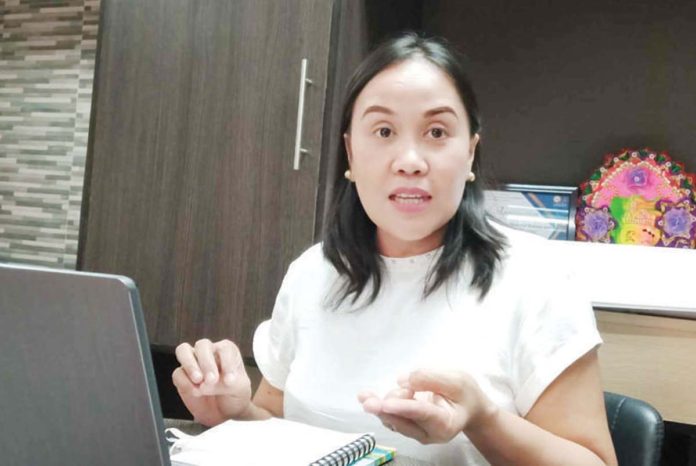
ILOILO City – As the economy and population of Western Visayas grow, so does the volume of waste generated, particularly plastic waste, which is becoming an increasing concern.
The Environmental Management Bureau (EMB) of the Department of Environment and Natural Resources (DENR) in Region 6 is campaigning for individuals to adopt behavioral changes to manage waste more effectively, both at home and in offices.
Nidalyn Agsaluna, officer-in-charge of the Solid Waste Management Section of EMB-6, emphasized the collective responsibility in waste management.
“It’s not just the local government units, the national government, or you helping us to spread the information; it’s the responsibility of all Filipinos. If we don’t act, who will?” Agsaluna said in an interview with Panay News.
EMB-6 data showed residential areas are the primary sources of waste in Region 6 in 2023, contributing 59.88 percent, followed by commercial sources at 29.05 percent, institutions at 10.28 percent, and industrial sources at a minimal 0.27 percent.
Regarding the composition of solid waste, biodegradable materials make up the largest portion at 55.43 percent, followed by recyclables at 22.80 percent, residuals at 19.39 percent, and special waste at 2.38 percent.
Western Visayas produces approximately 2,518.83 tons of waste daily, with the breakdown as follows: biodegradable waste at 1,396.19 tons, recyclable materials at 574.29 tons, residual waste at 488.4 tons, and special waste at 59.95 tons per day.
Agsaluna explained that the situation becomes alarming only if the public does not manage waste and if local government units (LGUs) are not proactive in implementing measures to address waste disposal.
“With a higher population, waste generation increases, but if we know how to dispose of it properly, it won’t be harmful,” Agsaluna added.
EMB-6 has noted efforts by LGUs to establish sanitary landfills, with existing facilities in several areas: Aklan (Malay), Antique (San Jose de Buenavista), Capiz (Roxas City and Tapaz), Iloilo City, Iloilo
Province (Passi City and Lambunao), and Negros Occidental (cities of Bacolody, Bago, Cadiz, Himamaylan, Kabankalan, La Carlota, Sagay, San Carlos, Sipalay, Silay, and Talisay).
Furthermore, there are ongoing constructions of sanitary landfills in Escalante City, La Castellana, and Murcia, all in Negros Occidental, and Jordan in Guimaras.
LGUs are also passing municipal ordinances to regulate the use of plastics and waste disposal. Some, like Dingle, are integrating Proper Solid Waste Management into school curriculums for the 2024-2025 school year.
However, Agsaluna noted that solid waste management should be a priority program for LGUs, funded to sustain the operation of sanitary landfills.
She highlighted that under Section 21 of the Republic Act 9003 (Ecological Solid Waste Management Act of 2000), LGUs are tasked with evaluating roles for the public and private sectors in waste collection, ensuring that waste segregation starts at the source, including residential, institutional, commercial, and agricultural sectors.
Agsaluna also mentioned the challenges and potential flooding, climate change, and pest-related diseases if waste, especially plastic waste, is not managed properly.
To address plastic waste, Republic Act 11898 was passed, institutionalizing the Extended Producer Responsibility on Plastic Packaging Waste and amending RA 9003. This law, which took effect in August 2022, focuses on enterprises or big companies with assets of at least P100 million, requiring them to recover at least 20 percent of their produced plastic packaging.
“This time, whoever creates the packaging has the obligation to recover it. That’s the purpose of the law,” Agsaluna clarified. Enterprises must submit plans to the National Ecology Center detailing their strategies for plastic waste recovery.
Agsaluna also raised the possibility that small businesses might be covered by the law in the future, as they also produce plastic waste.
Currently, EMB-6 is conducting training for personnel to cascade RA 11989 across the region, particularly to big companies, to enhance awareness of the law./PN





